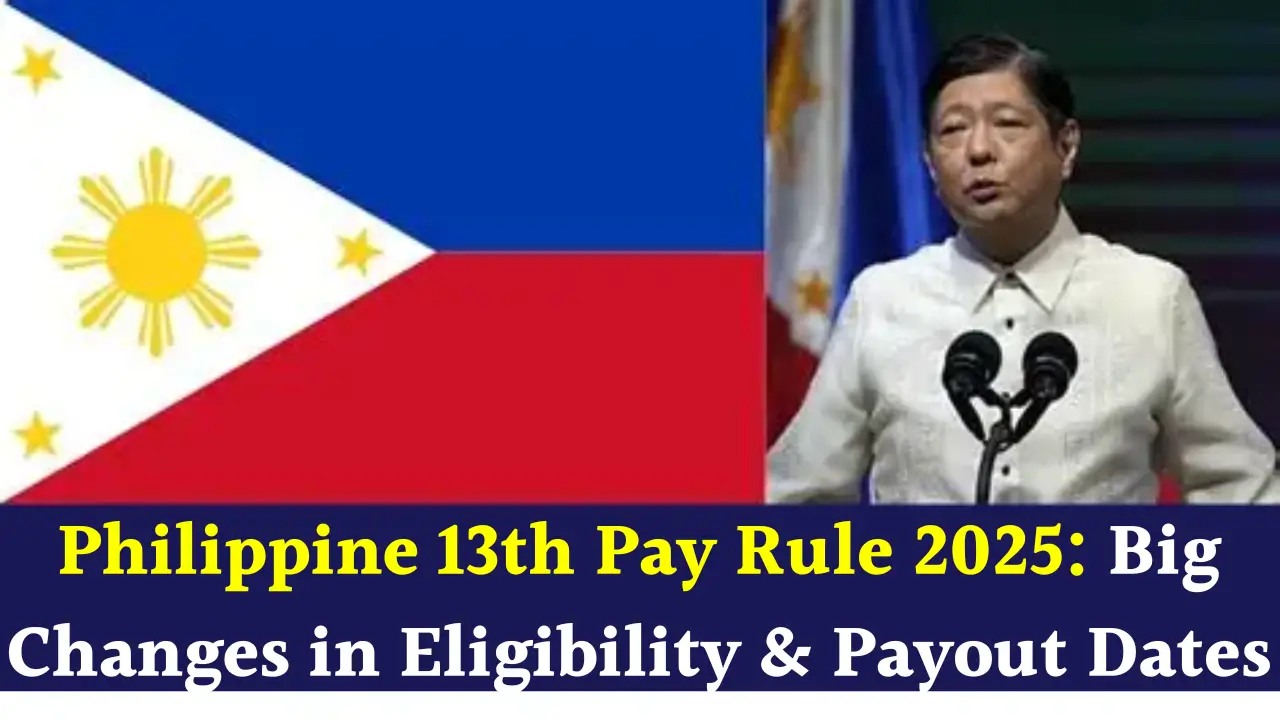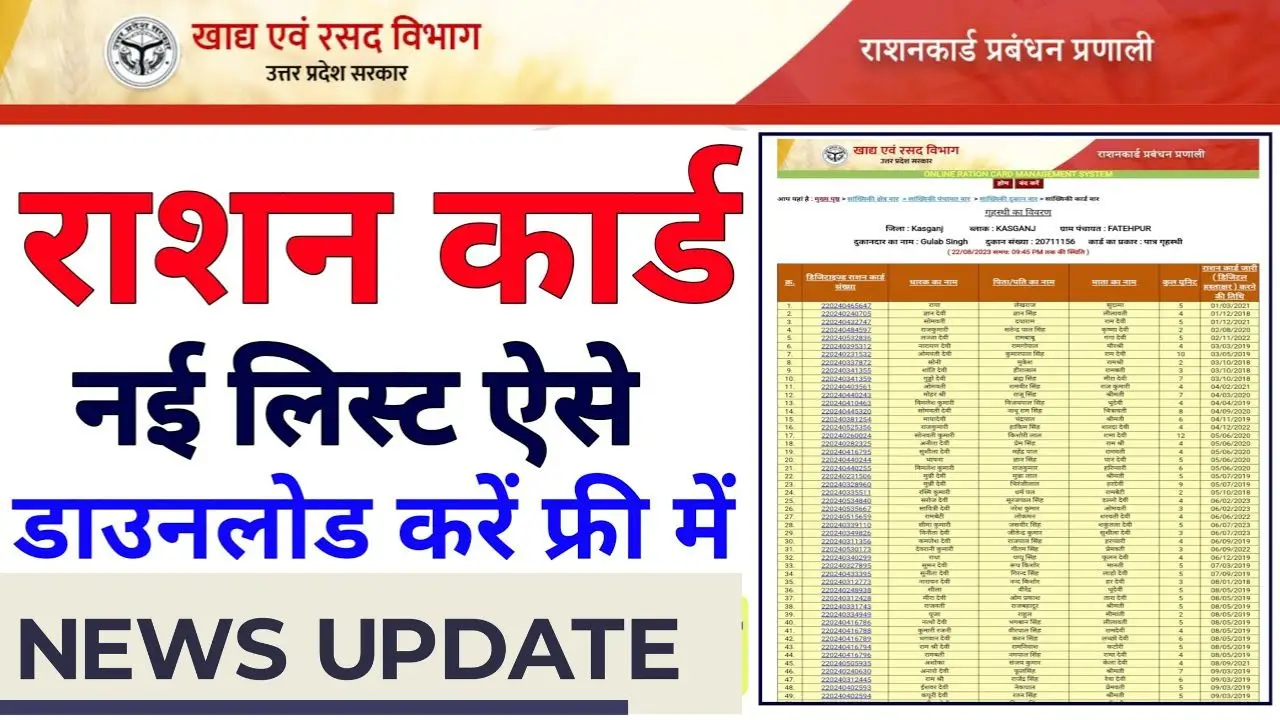For Filipino workers, the 13th-month pay remains one of the most eagerly awaited statutory benefits, offering vital financial support during the festive and year-end season. In 2025, the significance of this benefit is even greater because of rising living costs, inflation, and the need to cover various family expenses. This comprehensive guide explores the Philippines 13th Pay Rule 2025, including all regulations, eligibility conditions, payout dates, proposed reforms, and the accurate steps for employers and workers alike.
Importance of 13th-Month Pay in the Philippines
The 13th-month pay has evolved into a lifeline for many Filipino families, especially during Christmas and New Year celebrations. It helps employees cover essential expenditures such as school supplies, tuition fees, utility bills, debt repayments, and more. Given these realities, the Department of Labor and Employment (DOLE) enforces compliance to guarantee that every eligible worker receives this benefit promptly.
Core Rule and Statutory Mandate
The 13th-month pay is a mandatory benefit for private sector employees, explicitly required by Presidential Decree No. 851. It cannot be waived, replaced, or delayed, except under rare, legally defined exemptions. This rule has not changed for 2025, preserving worker protections even as lawmakers debate further reforms to address evolving economic needs.
Table: Quick Facts – Philippine 13th-Month Pay 2025
| Aspect | Details |
|---|---|
| Program | Philippines 13th-Month Pay |
| Country | Philippines |
| Year | 2025 |
| Authority | Department of Labor and Employment (DOLE) |
| Eligibility | Private sector rank-and-file, probationary, contractual, part-time, piece-rate workers |
| Minimum Service Requirement | At least one (1) month of service within the calendar year |
| Exemptions | Government employees, freelancers, companies with equal or better existing benefits |
| Payment Deadline | On or before December 24, 2025 |
| Payment Mode | Lump sum (December) or split (June and December) |
| Proposed Reforms | 14th-month pay, mandatory mid-year release |
| Tax Exemption | Up to ₱90,000 (TRAIN Law) |
| Complaint Handling | By DOLE; strict enforcement |
Who is Eligible for the 13th-Month Pay?
The rule has broad coverage, aiming to protect a wide range of private sector employees, as detailed below:
- Regular employees: Receive 13th-month pay regardless of service length in the current year.
- Probationary employees: Eligible if employed for at least one month.
- Contractual and casual employees: Included unless their contract explicitly excludes this benefit.
- Part-time and piece-rate workers: Covered on a pro-rata basis, depending on wage structure and output.
- Minimum Service: Only one month of service needed during the relevant year. Employees who resign or are terminated before December are not disqualified and receive a pro-rated benefit.
Who Is Not Covered?
- Government employees: Covered by alternative compensation systems and their own set of bonuses.
- Freelancers and independent contractors: These workers negotiate pay independently and do not fall under PD 851.
- Employers already granting a similar benefit: Companies providing benefits equal or higher than 13th-month pay may be exempted.
Calculation of 13th-Month Pay
The standard calculation method prescribed by law is clear:13th-Month Pay=Total basic salary earned in the calendar year12\text{13th-Month Pay} = \frac{\text{Total basic salary earned in the calendar year}}{12}13th-Month Pay=12Total basic salary earned in the calendar year
Basic salary includes regular wage, excluding bonuses, cost-of-living allowances (COLA), overtime pay, and unused leave payments. For those not completing the entire year of service, the computation is made proportionally to months worked:
Employee B (worked 4 months, monthly salary ₱12,000):(₱12,000×4)÷12=₱4,000(₱12,000 \times 4) \div 12 = ₱4,000(₱12,000×4)÷12=₱4,000
Payment Date and Modalities
DOLE requires that employers pay the full 13th-month benefit no later than December 24, 2025. This statutory deadline ensures that employees have funds available for year-end needs. Payment can be made:
- Lump sum: Entire benefit released at once (commonly in early or mid-December).
- Installment: Payment split into two (June and December), especially helpful for those facing mid-year expenses like tuition fees.
Employers must ensure complete payout before the Christmas Eve deadline, regardless of mode chosen.
Taxation Rules
The Philippine tax code, under Republic Act No. 10963 (TRAIN Law), exempts the first ₱90,000 of combined 13th-month pay and other bonuses from income tax. Amounts above this threshold are subject to standard withholding tax.
Proposed Legislative Reforms for 2025
Congress may consider reforms affecting the pay schedule and benefit structure, but as of September 2025, these are still pending:
- Mandatory 14th-month pay proposal: Would require an extra month’s salary, typically released in June. The goal is to help cover back-to-school expenses, but it’s not yet law.
- Split 13th-month pay proposal: Would require half to be released mid-year rather than only in December, improving cash flow management for employees. This, too, is still under discussion and has not taken effect.
Compliance and Enforcement
Strict enforcement exists. Employees who do not receive their 13th-month pay on time may file a complaint with DOLE, which investigates and penalises non-compliant employers.
How to File a Complaint
The employee must approach DOLE offices, present proof of employment and payroll records, and file a formal request for investigation and payment enforcement. DOLE acts quickly to resolve legitimate cases, investigating employers and levying fines for repeated violations.
Common Misconceptions
- Optionality: Some believe the 13th-month pay can be replaced or waived. This is incorrect. It is a legal right, not an optional benefit.
- Forfeiture upon resignation: Employees who served at least one month are entitled to a pro-rated pay, even if they resign before December. Employers cannot deny payout in these cases.
- Confusion with Christmas bonus: The 13th-month pay is mandatory, while Christmas bonuses remain at the employer’s discretion and may differ in amount or existence.
Socio-Economic Impact
The 13th-month pay policy actively helps Filipino families manage rising costs during the holidays and supports broader economic stability. Retail, food, and transport sectors all benefit from increased spending. As inflation continues to affect household budgets in 2025, this statutory pay becomes a critical element of workers’ financial planning.
Table: Employee Types and Pay Eligibility
| Employee Type | Covered Under 13th-Month Pay? | Notes |
|---|---|---|
| Regular/full-time | Yes | Entire year or any period |
| Probationary | Yes | At least one month service |
| Contractual/casual | Yes | Unless contract excludes |
| Part-time | Yes | Pro-rata basis |
| Piece-rate | Yes | Based on work output |
| Government employee | No | Other bonus schemes |
| Freelancer | No | Negotiated independently |
Frequently Asked Questions
1. Can resigned employees in 2025 still get 13th-month pay?
Yes, even if an employee leaves the job before December, they are entitled to receive a proportional 13th-month pay if they worked at least one month in 2025.
2. Is there any situation where government employees get the 13th-month pay?
No. Government workers are covered by their own systems and compensation schemes, and do not receive the 13th-month pay under PD 851.
3. Is the 13th-month pay legally required, or can my employer refuse it?
It is legally required. Employers cannot refuse, delay, or replace the 13th-month pay unless they have a government exemption or provide a better benefit already.
4. Are there plans for a 14th-month pay in 2025?
There are bills proposing a 14th-month pay, but these have not become law yet. Employers currently only need to pay the 13th-month benefit.
5. What should an employee do if the 13th-month pay is not paid by December 24?
Employees should immediately file a complaint with DOLE. The Department investigates and ensures that the law is enforced, with penalties for non-compliance.
Conclusion
The Philippine 13th Pay Rule 2025 is a cornerstone of worker protection in the country. For all eligible private sector employees, it ensures a much-needed financial boost during the holidays, helping families meet their essential needs even as living expenses grow. The law is firmly enforced, and ongoing proposals in Congress may soon improve benefits further. Workers and employers alike should understand and comply with these rules, ensuring fairness and timely payouts every year.

















